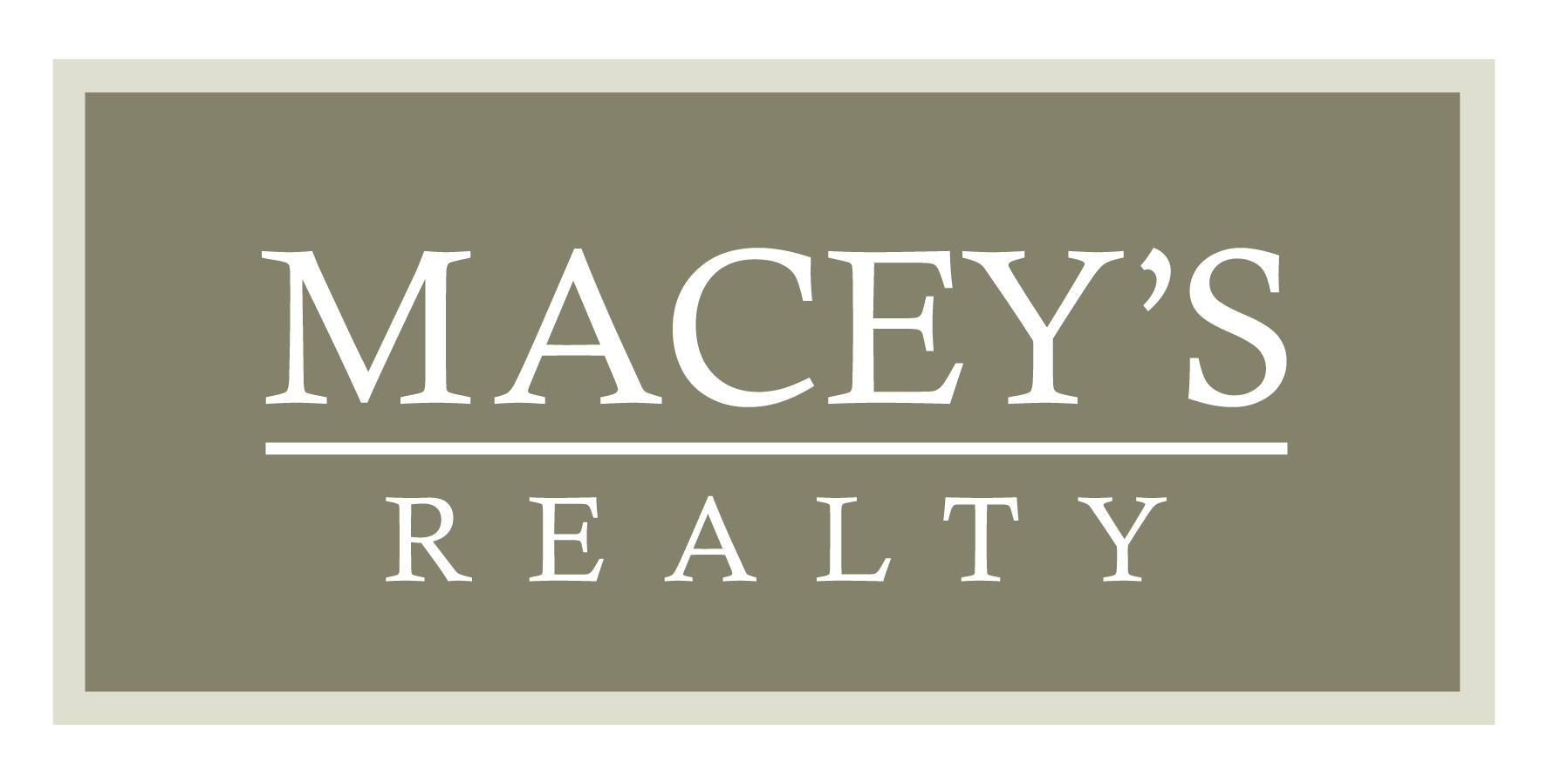
If there’s one thing that characterizes the residential real estate market for most of the past four years, it’s that the supply of homes for sale has been low, low, low. Month after month, buyers have told us in our surveys that the biggest challenge they face in making a purchase is simply finding a home that meets their needs.
For the past 47 months straight, the level of existing housing inventory—the overall supply of houses available on the market—has never exceeded 6 months worth. In July, the National Association of Realtors® reported that we had a 4.7-month supply of existing homes; the new-home supply in July was even lower. (Six to seven months of supply is typical of a balanced supply-and-demand market.) Inventory might be low, but demand is still high. The number of home buyers visiting realtor.com® in August was up 16% over last August. And yet the number of homes for sale was down 8%.
But a startling thing happened in August. Finding a home was no longer the No. 1 reported issue holding back buyers. No, the new No. 1 problem was time—as 35% of buyers said they had just started to explore so were not ready yet to buy.
Indeed, in August, 59% of buyers had been looking for less than three months. The number of people just starting to explore went up last August as well, but not as dramatically, nor did they represent the majority of active buyers.
OK, so what’s going on here, anyway?
The high number of those just starting to dip their toes into the market this year is related to a sizable shift toward first-time buyers. Last August, 35% of buyers identified themselves as first-time buyers. This August, the share of first-time buyers jumped to 51%.
As a result, new challenges, mainly financial, are also emerging as more of a concern for the market. After all, the supply-demand imbalance has also been driving up home prices.
This August, 9.4% of buyers reported having difficulty qualifying for a mortgage. That was up from 5.6% last year.
The need to improve credit scores doubled as a problem from last year, increasing from 9.7% of all buyers in 2015 to 19.5% this August.
And not having enough funds for a down payment? That rose from 16% last year to 25% this year.
The market has seen growth despite higher prices in part because of pent-up demand from very qualified buyers who were able to meet the challenging mortgage qualifications that are the norm these days. You want proof? Just check out the higher average credit scores on purchase mortgages.
A key question for the months ahead is whether a higher share of first-time buyers is ready or capable of qualifying for a loan and closing on a house.
If you are among those first-time buyers who are just starting to look, there are a few things that you can do now that will improve your chances of success in the future:
- Get your financial house in order. Know your FICO score, and work to get it above 700 to improve your ability to qualify and to get a better rate.
- Understand what you can afford to put down. The average down payment this year is 11% nationally, but it varies dramatically by market and by loan type. If you are struggling to come up with a down payment necessary for your market or type of mortgage, research down payment assistance programs.
- Get all of your financial records organized, including recent bank and financial statements, the past two years of income tax filings, and pay stubs.
- Record the details of any debts you may have, from revolving credit card balances to car payments and student loans. You will need all of this before you can work with a lender.
- Finally: Find a lender and get pre-approved. We still have very limited supply, so being pre-approved continues to be a key part of a successful buying strategy if you intend to finance a purchase with a mortgage. A pre-approval letter as part of an offer will communicate to the seller that you have the ability to close.


